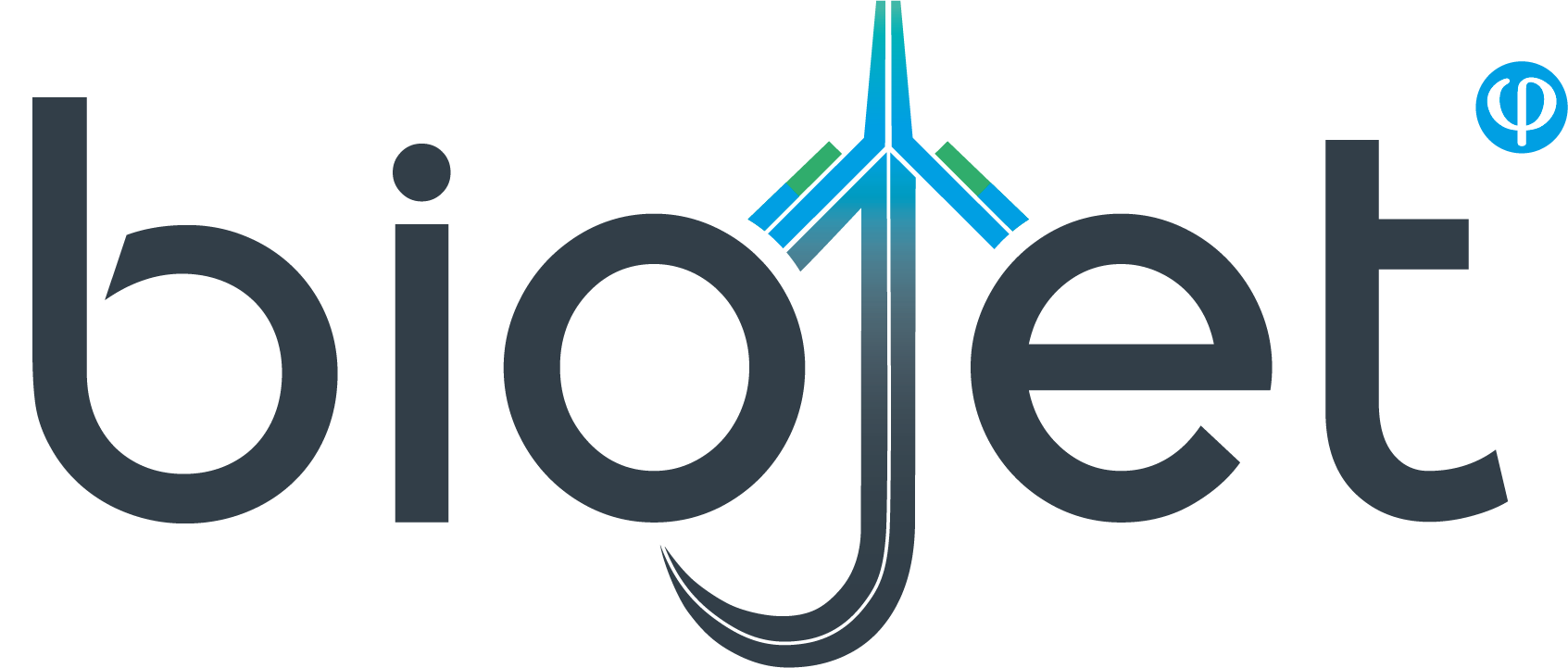The Ministry of Finance of Russia has revised a draft decree that establishes the procedure for providing advantages to Russian pharmaceutical manufacturers over foreign ones in state procurement. According to the new document, updated procurement rules for medicines from the list of vital and essential medicines (VEM) and strategically significant medicines (SSM) will take effect starting in 2025, as reported by RBC, referencing the new document.
Under the “second extra” rules, if at least one supplier of a medicine produced in Russia or EAEU countries using a full cycle—including substance synthesis—submits a bid, all other applications will be rejected. If multiple Russian suppliers apply for the procurement, the medicine will receive a 15% price advantage.
From January 1, 2025, this rule will apply to the procurement of medicines included in the VEM list. From July 1, 2025, it will be applied to medicines from the SSM list. Previously, representatives from the pharmaceutical industry proposed postponing its application for SSM until 2026; however, the document sets an earlier deadline.
The press service of the Ministry of Finance stated that the draft decree is currently undergoing coordination with relevant federal executive authorities, including the Ministry of Industry and Trade and the Ministry of Health. “The positions of the relevant departments will be considered when preparing this draft for submission to the Government of Russia,” the ministry said.
In August, the Ministry of Industry and Trade held a meeting with pharmaceutical manufacturers to discuss the criteria for forming the SSM list and potential changes to the application of the “second extra” mechanism. The project initially sparked mixed reactions from the industry. Pharmaceutical manufacturers expressed concerns that the proposed “second extra” rule from the Ministry of Finance, which grants preferences to Russian-produced goods in state procurement, could lead to market monopolization for certain medicines, increased drug prices, and potential shortages or defects. The document underwent public discussion, during which representatives from patient communities and pharmaceutical manufacturers requested revisions. The previous version did not specify which list of medicines would receive the advantages during procurement.
Source: GxP news, September 16, 2024.








